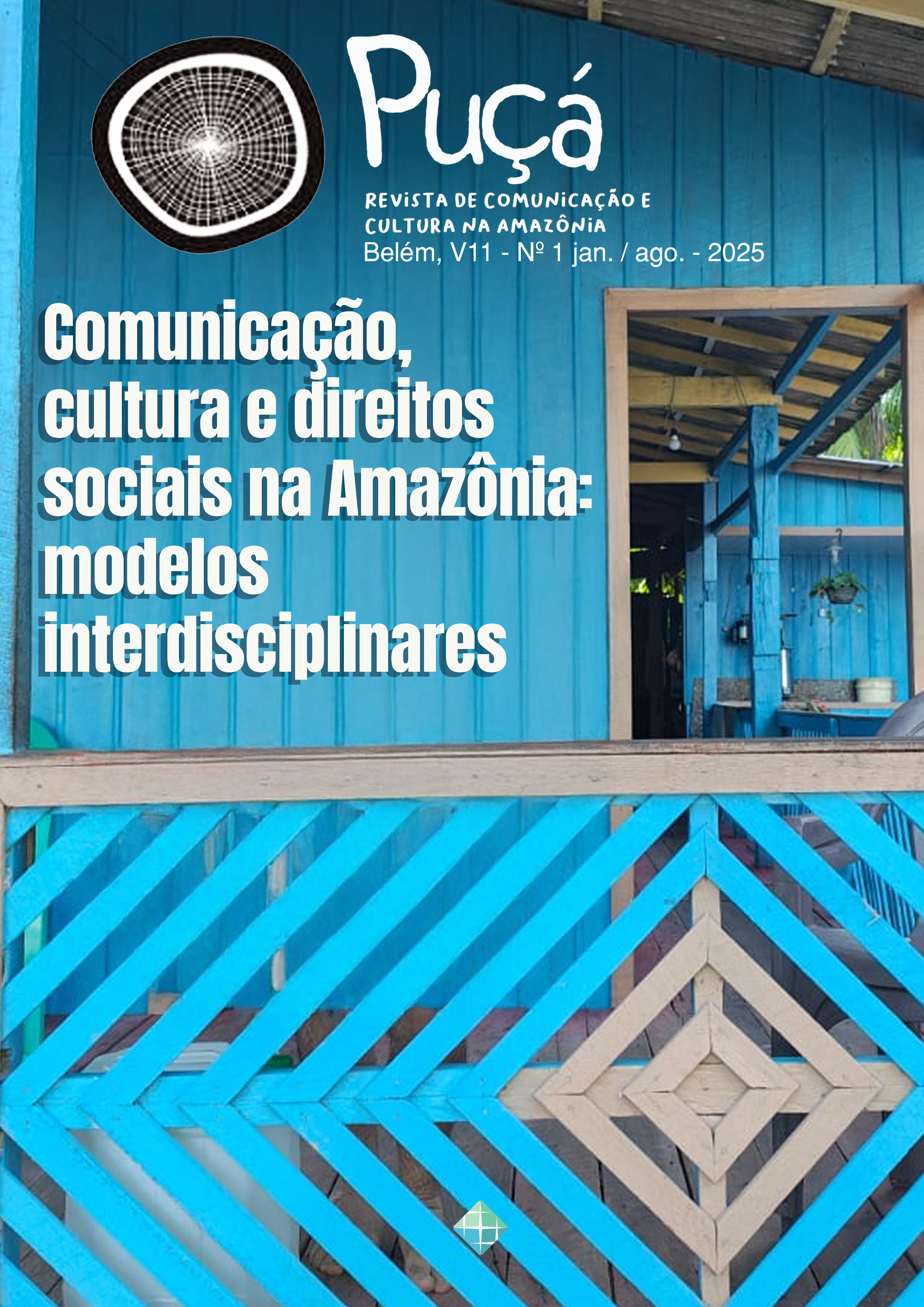O ENSINO DE LÍNGUA INGLESA EM UMA SOCIEDADE LÍQUIDA
reflexões sobre a Língua Franca nos Anos Iniciais do Ensino Fundamental
Palabras clave:
Língua Franca. Língua Inglesa. Sociedade Líquida. Ensino Fundamental.Resumen
A língua inglesa, como língua franca global, assume papel central na comunicação em um contexto social frágil e fluido, onde a abordagem do idioma nos Anos Iniciais do Ensino Fundamental enfrenta lacunas políticas e pedagógicas. Enquanto a língua é obrigatória a partir do 6º ano, a ausência de diretrizes para as séries iniciais reforça desigualdades e reduz seu potencial intercultural. Nesse sentido, este trabalho analisa como integrar o ensino desse idioma, em sua função desterritorializada, em uma sociedade marcada pela liquidez, onde relações efêmeras e imediatismo desafiam a educação. Por meio de revisão bibliográfica, discute-se a necessidade de adaptar práticas pedagógicas à realidade líquida, propondo estratégias como currículos flexíveis, formação docente intercultural e avaliação formativa. Concluiu-se que o ensino do inglês nos Anos Iniciais pode promover comunicação crítica e inclusiva, desde que articulado a políticas públicas que universalizem seu acesso e priorizem a diversidade linguística. O estudo destaca a educação como espaço de resistência às pressões mercadológicas, reforçando a língua franca como ferramenta de diálogo, e não de dominação.
Descargas
Publicado
Cómo citar
Número
Sección
Licencia
Derechos de autor 2025 Puçá: Revista de Comunicação e Cultura na Amazônia

Esta obra está bajo una licencia internacional Creative Commons Atribución-NoComercial-SinDerivadas 4.0.
Os artigos publicados pela revista PUÇA são de uso gratuito, destinado a aplicações educacionais e não comerciais. Os direitos autorais são todos cedidos à revista. Os artigos cujos autores são identificados representam a expressão do ponto de vista de seus autores e não a posição oficial da revista PUÇA.

